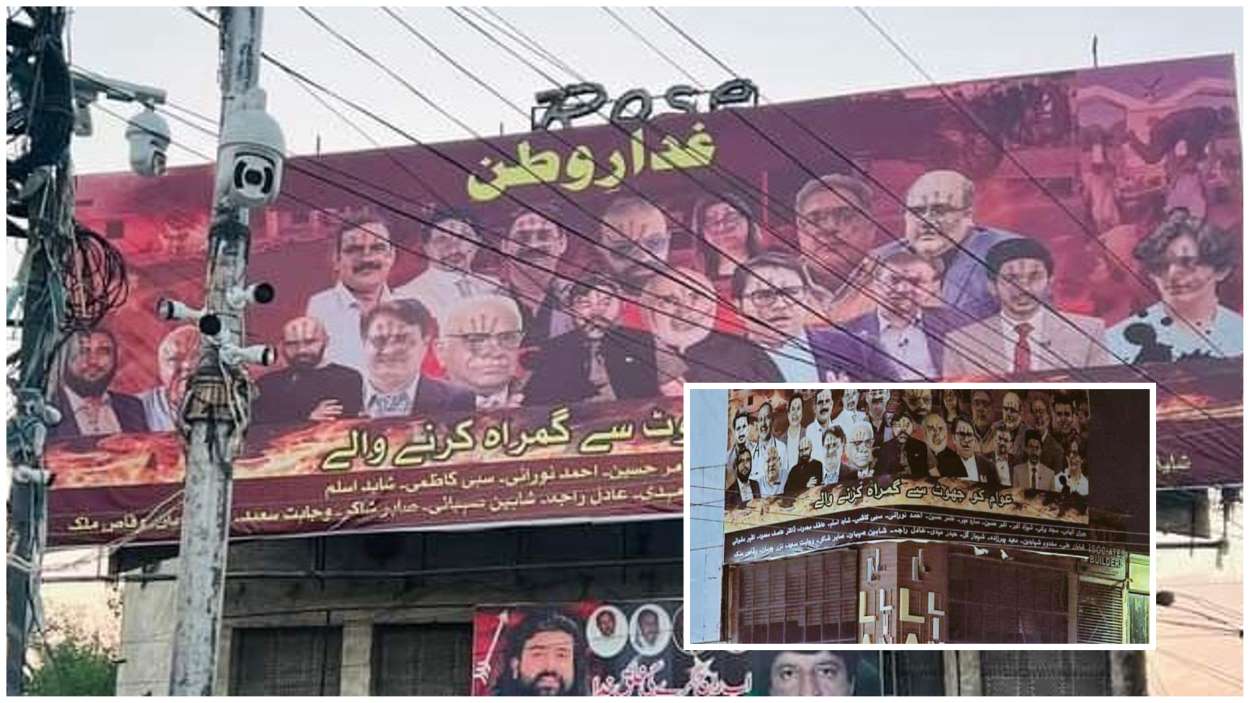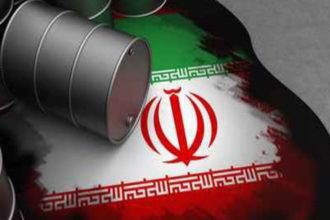A series of controversial posters have surfaced in Islamabad’s F10 sector and at the Rawalpindi Rose Cinema, designating leaders and supporters of Pakistan Tehreek-e-Insaf (PTI) as traitors.
The act immediately sparked a widespread reaction on social media, with users denouncing it as outdated and juvenile. Critics argue that although such displays could technically occur in major cities worldwide, they demonstrate amateurism rarely seen outside children’s street behaviour.
More pointedly, the campaign of defamation escalated at the F10 Center in Islamabad, where organizers strategically placed banners that prominently depicted prominent PTI figures with the label “traitor.”
The provocative banners target Shahbaz Gill, Shahzad Akbar, Gibran Elias, and Sabir Shakir. The explicit labelling has ignited robust discussions concerning the suitability and repercussions of using public spaces for politically charged expressions.
The event raises significant concerns about the boundaries of political discourse and the use of public imagery to advance specific agendas. The implications of these actions extend beyond mere political rivalry, potentially influencing public perception and societal norms regarding respect and political engagement.
The situation underscores a critical need for dialogue on the responsible use of public displays in political campaigning and the ethical considerations it entails.






